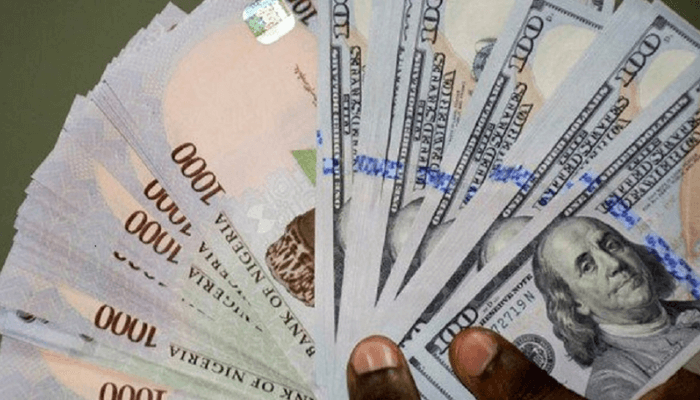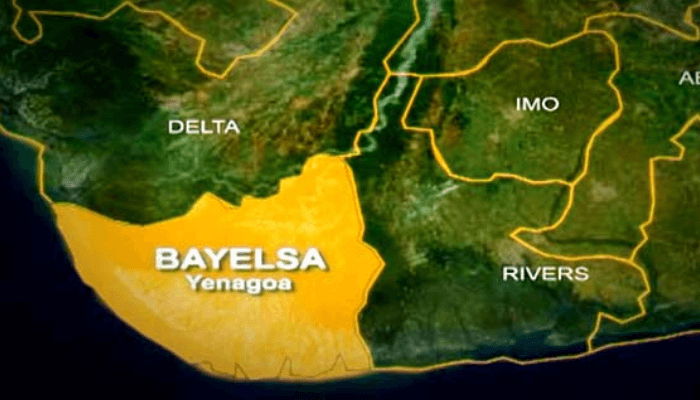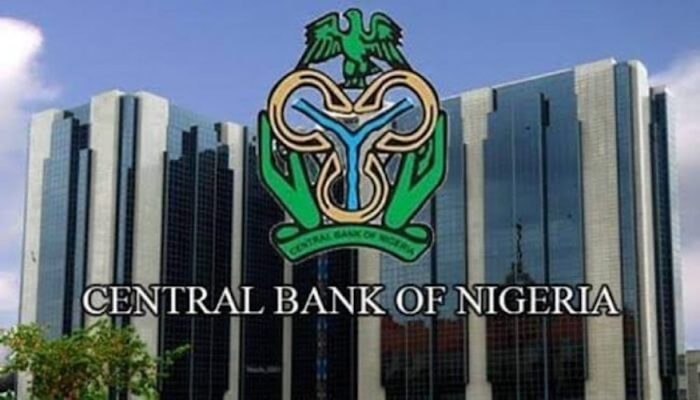The Federal Government’s newly announced ₦28 billion bailout for Nigeria’s power metering program has reignited public scrutiny over the unaccounted ₦1.5 trillion previously injected into the electricity sector. The latest intervention, aimed at addressing the lingering metering gap and improving power distribution, has sparked concerns about transparency, accountability, and the cyclical nature of government bailouts in the sector.
According to the Ministry of Power, the ₦28 billion fund is designed to accelerate the mass metering of electricity consumers under a fresh phase of the Presidential Metering Initiative (PMI). The initiative promises to deliver millions of prepaid meters nationwide, with a focus on improving billing accuracy and ending the controversial estimated billing system.
However, industry observers warn that without proper oversight, the new bailout risks being swallowed by the same inefficiencies that plagued previous interventions. Energy policy analyst, Dr. Olatunji Eko, told Today Christian News that the “ghost” of the ₦1.5 trillion power sector fund whose utilization remains largely unverified continues to haunt new efforts.
“The metering gap is both a technical and governance problem. Until there’s clear accountability for past disbursements, fresh injections like this ₦28 billion may simply repeat old mistakes,” Eko said.
Reports from the Nigerian Electricity Regulatory Commission (NERC) indicate that more than seven million electricity customers remain unmetered across the country, leading to widespread complaints of inflated bills. While the government insists the new bailout will bridge this gap, consumer advocacy groups argue that previous funding rounds, including the ₦213 billion CBN intervention and the ₦1.5 trillion power recovery program, failed to achieve their objectives.
The recurring pattern of bailouts, critics say, points to systemic weaknesses in the sector ranging from poor contract enforcement to corruption and inadequate project monitoring.
As the new ₦28 billion rollout begins, Nigerians are watching closely to see whether this effort will finally illuminate the path to a transparent, efficient, and accountable electricity supply chain or whether it will merely add to the long list of unfulfilled promises and financial mismanagement in the power sector.










Leave a Reply